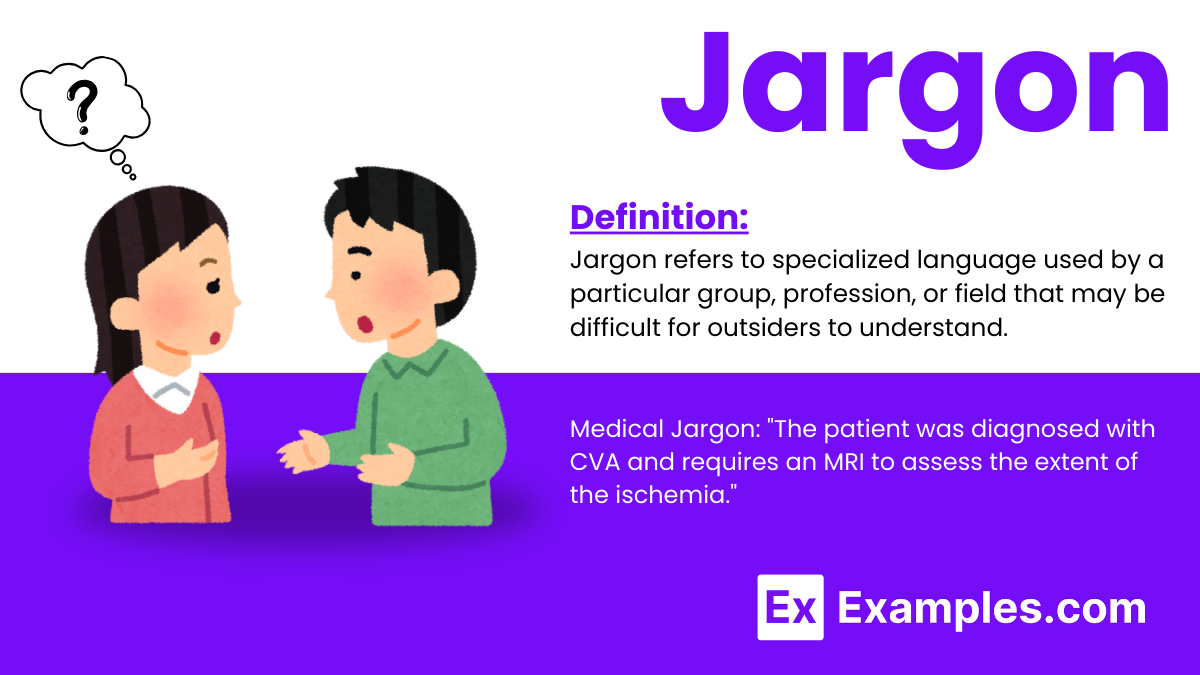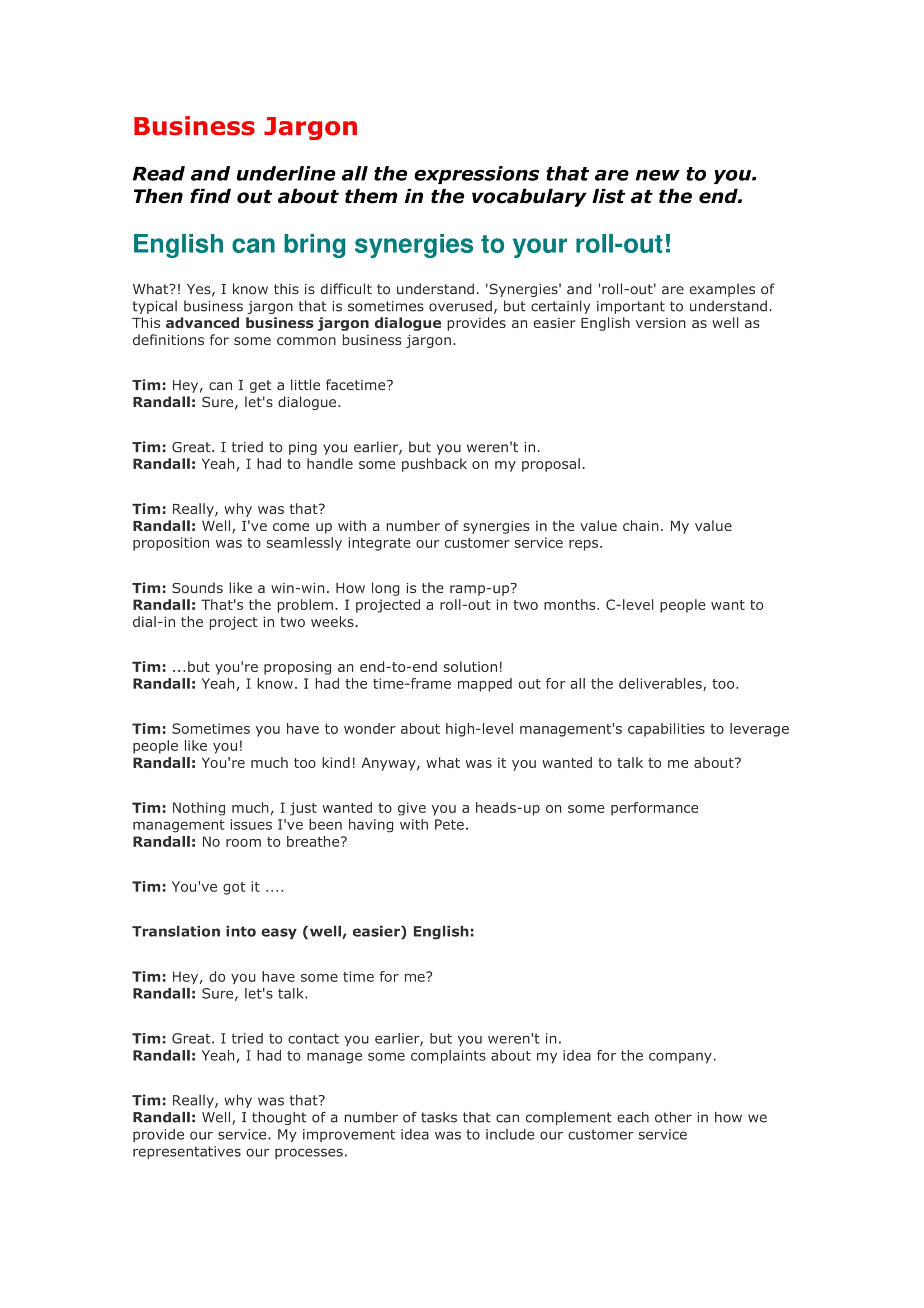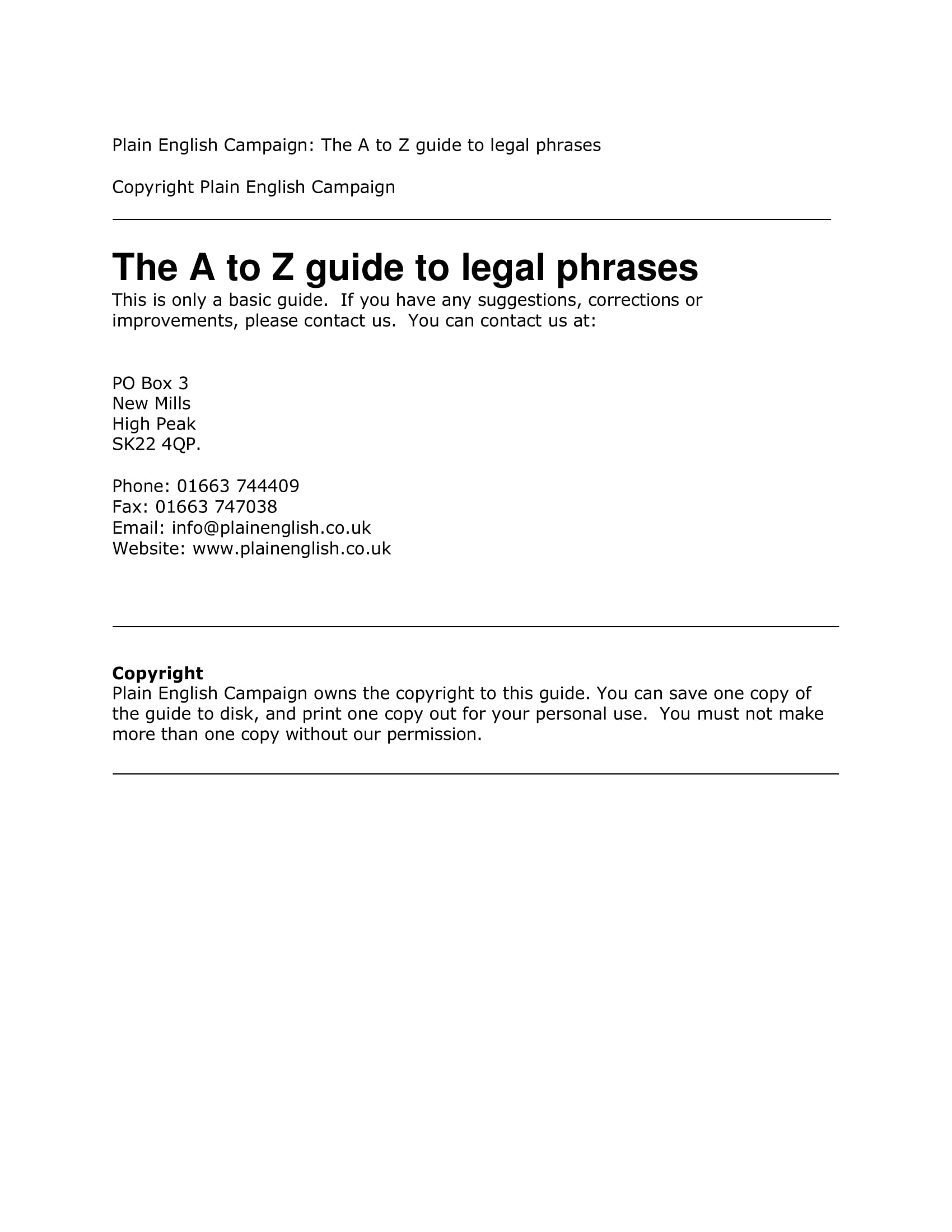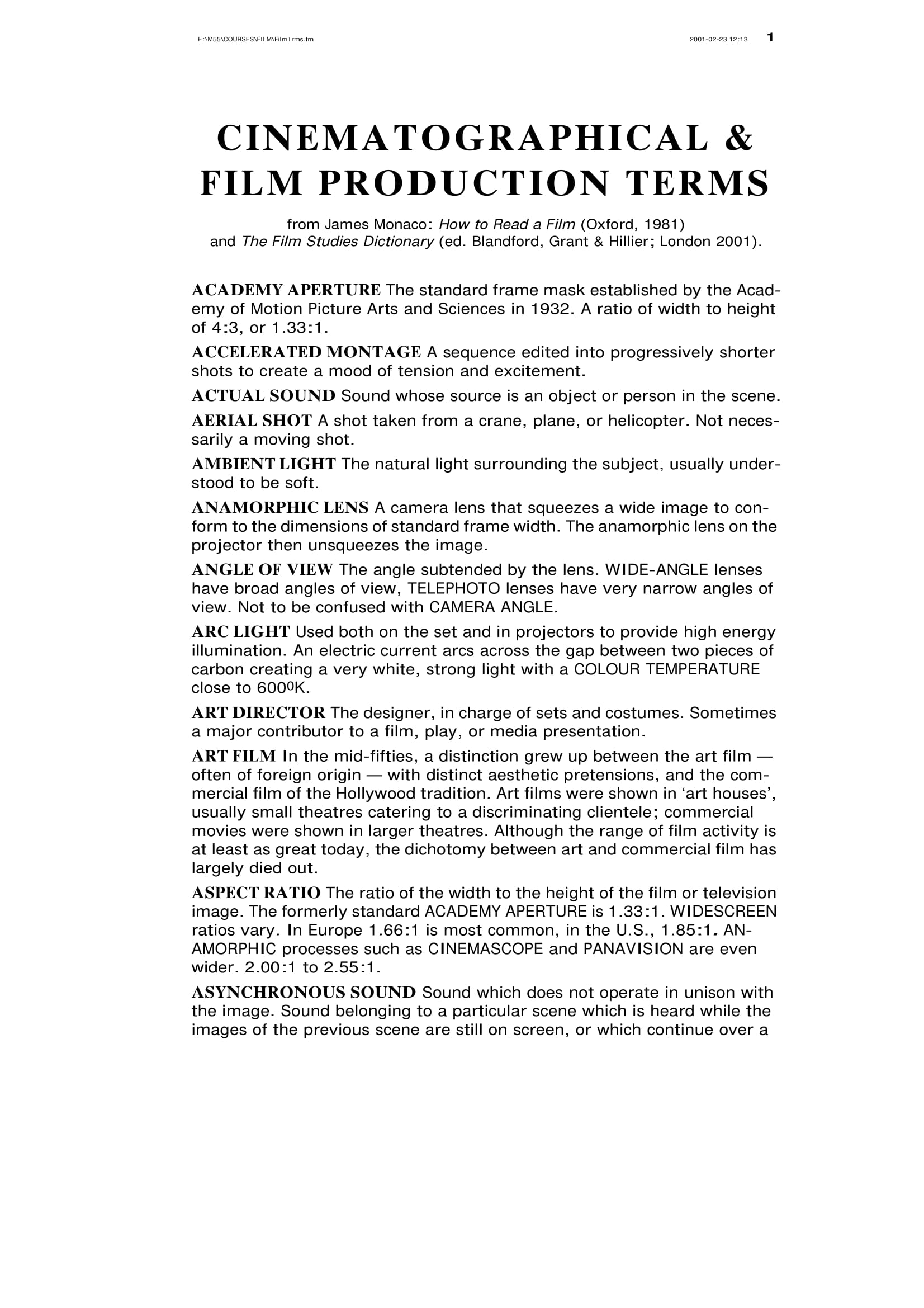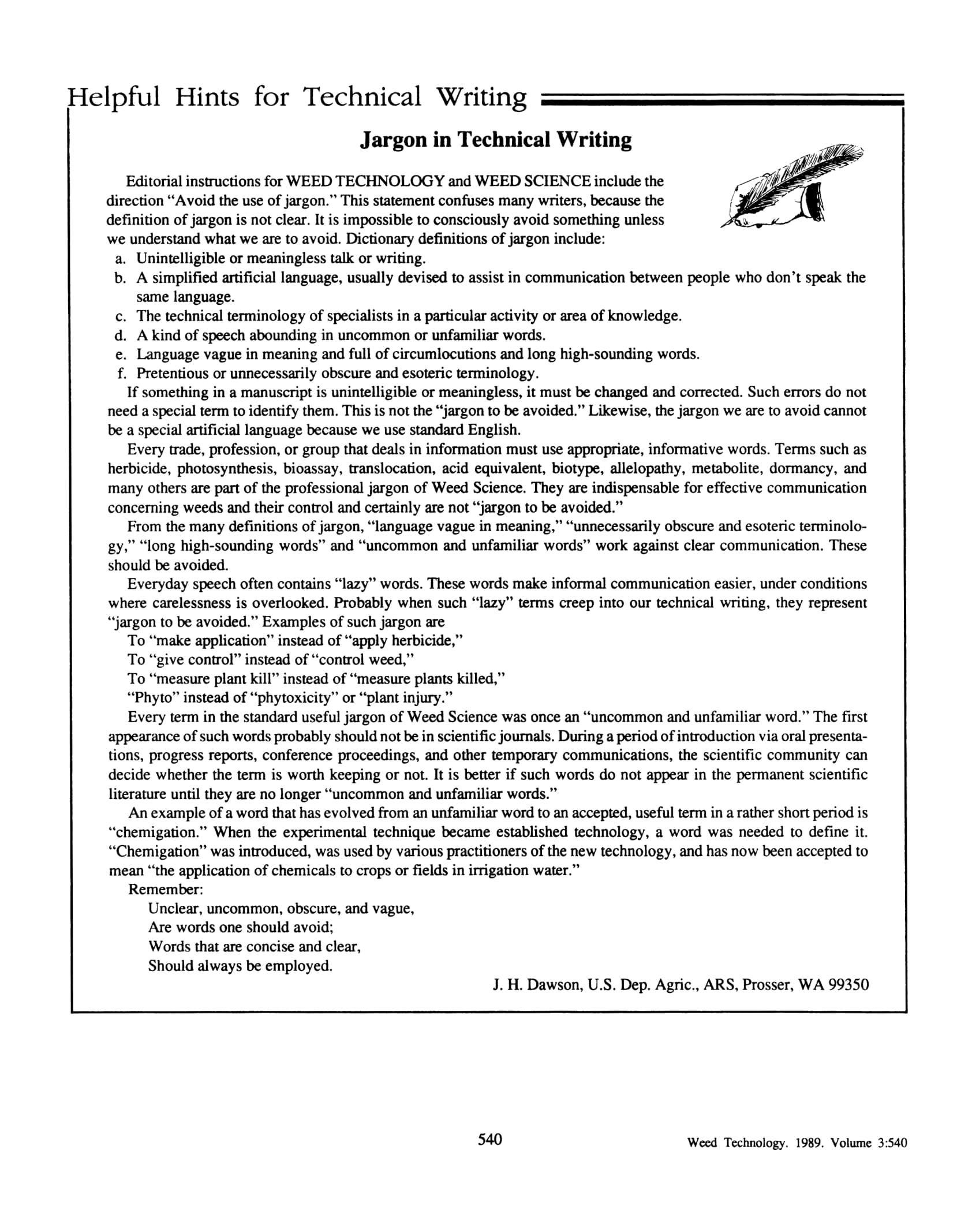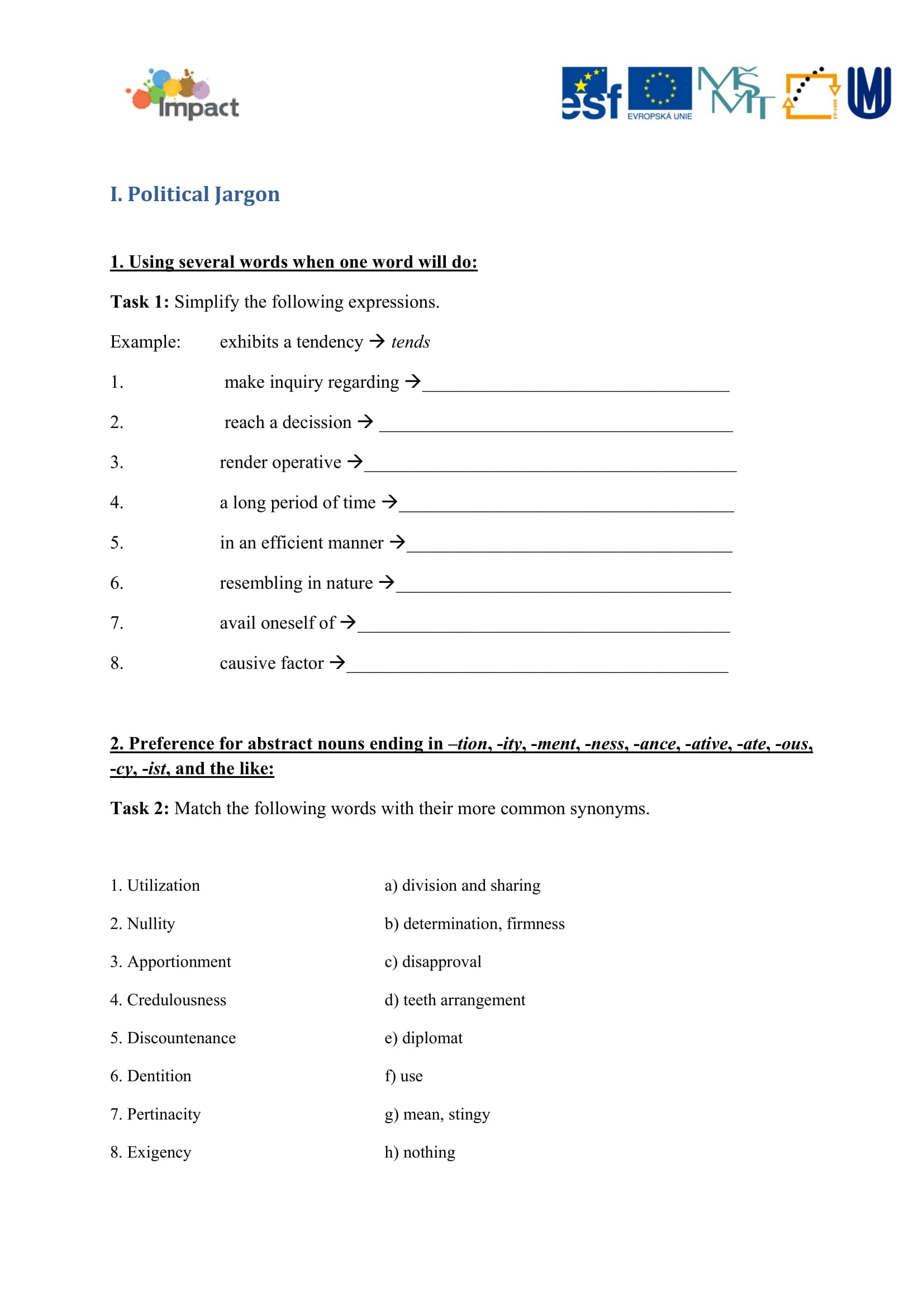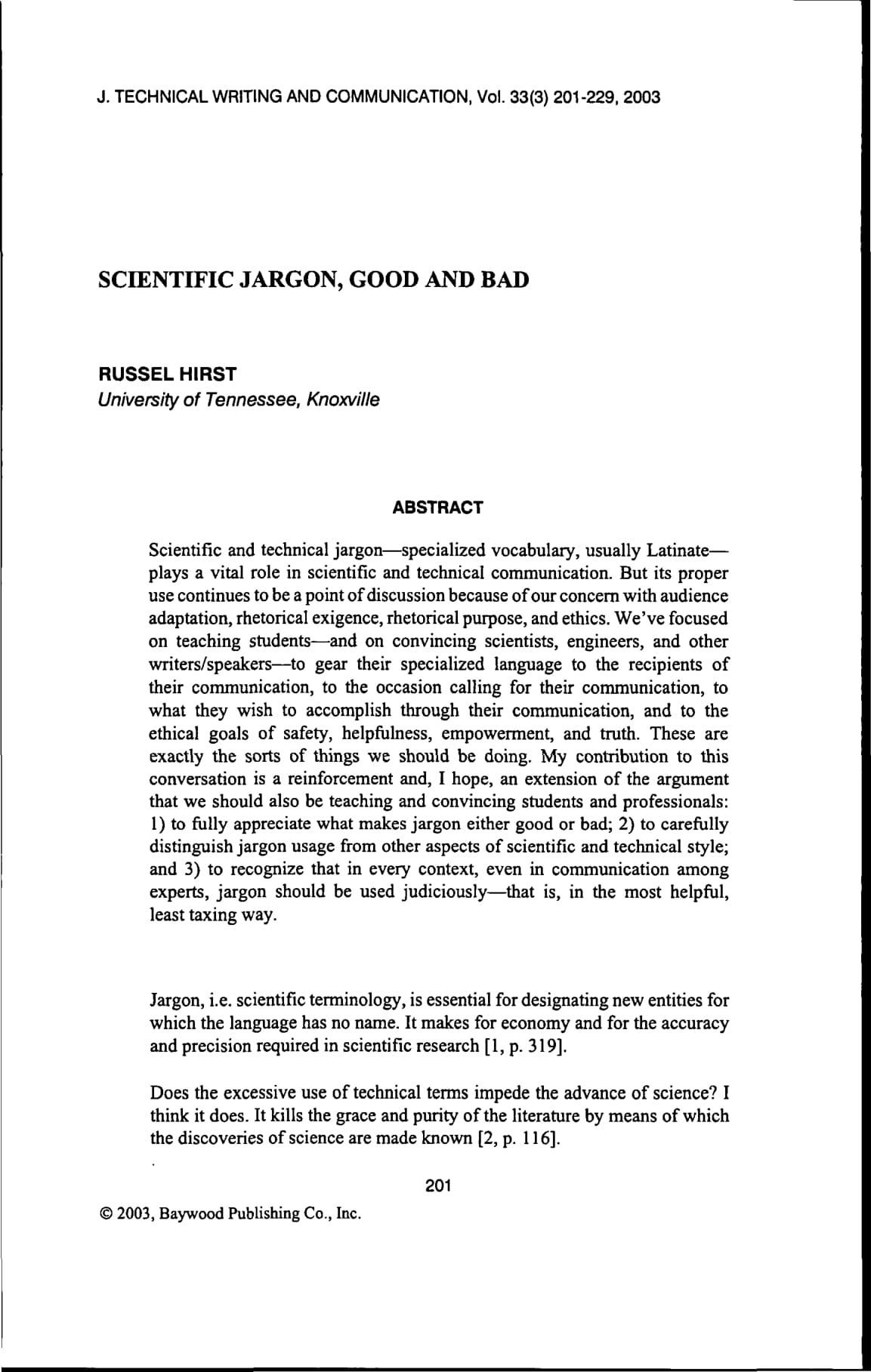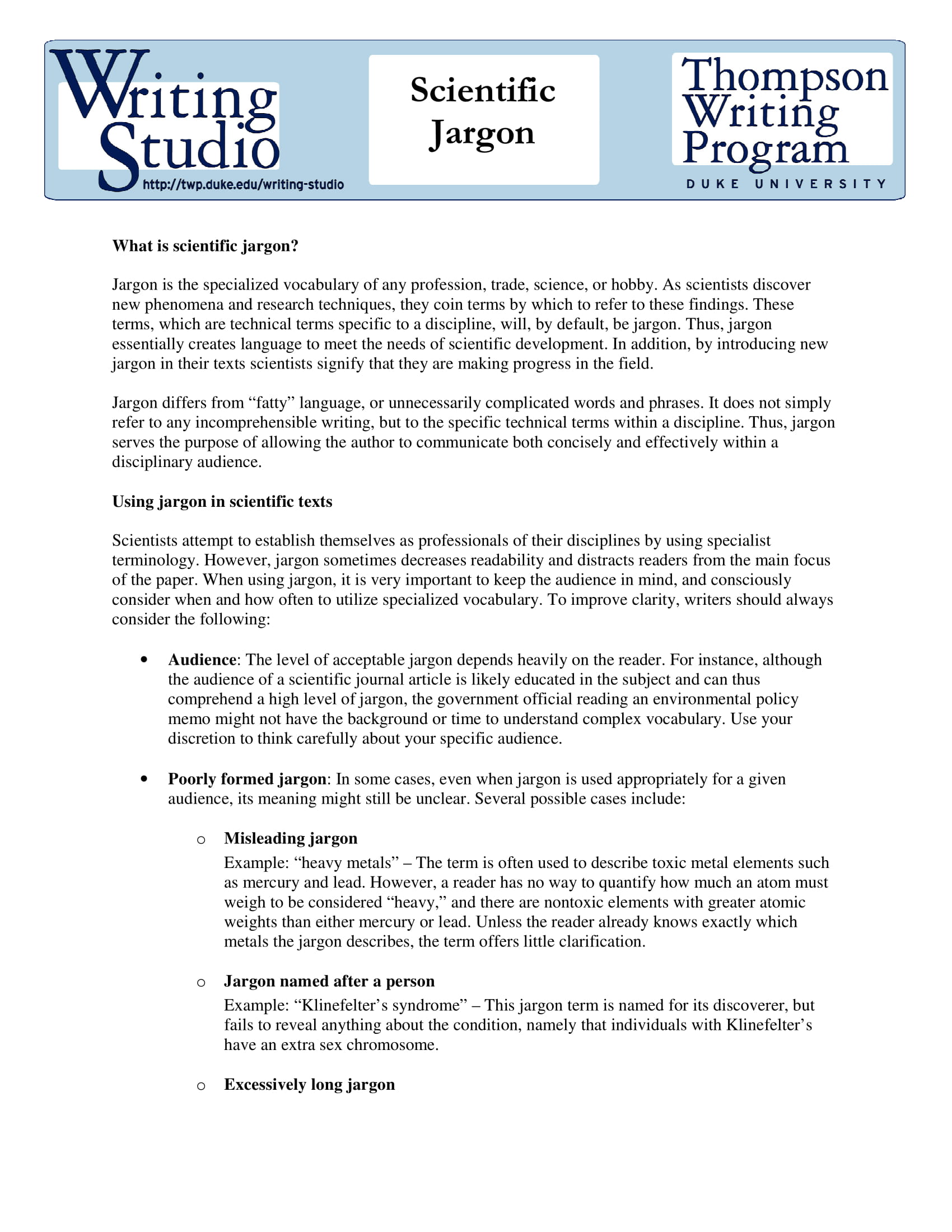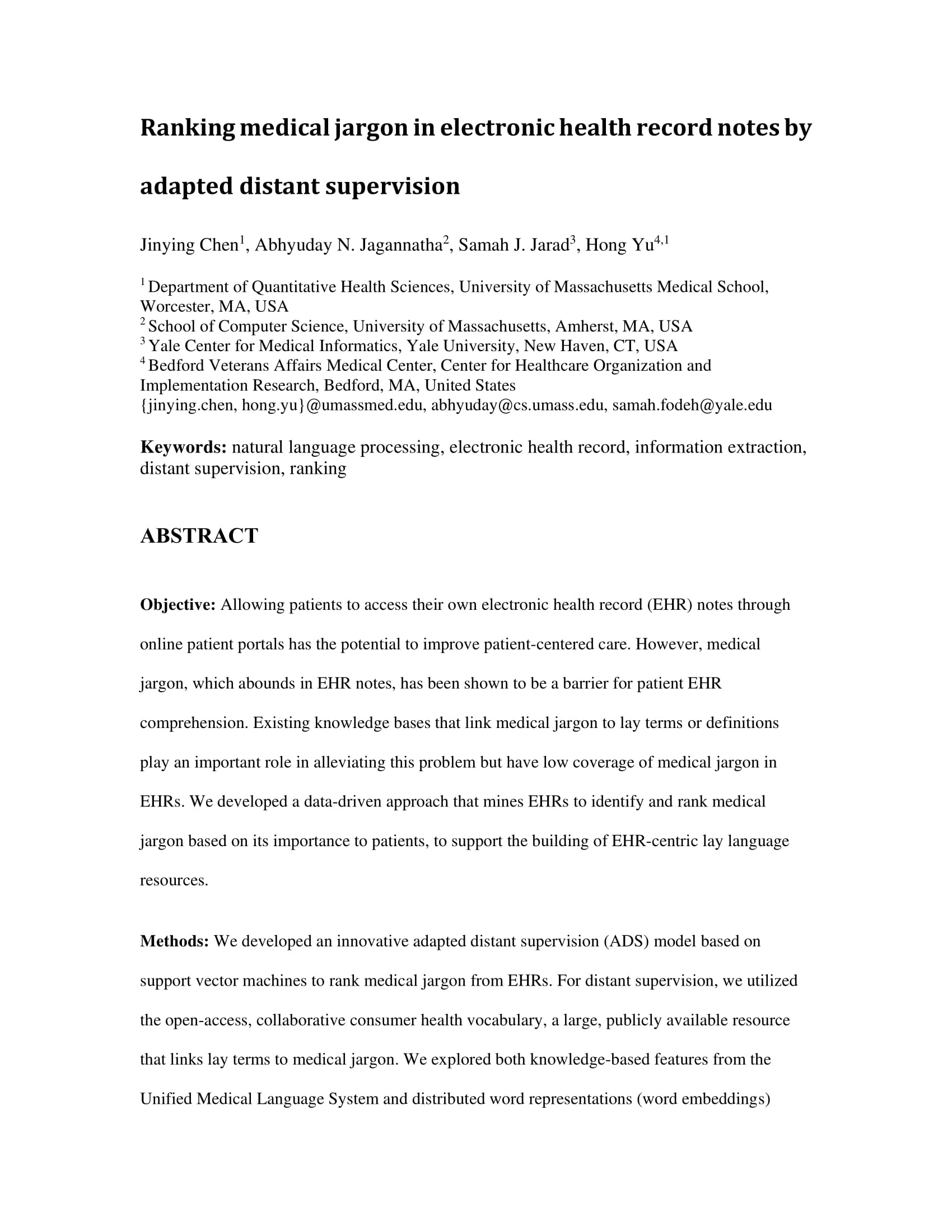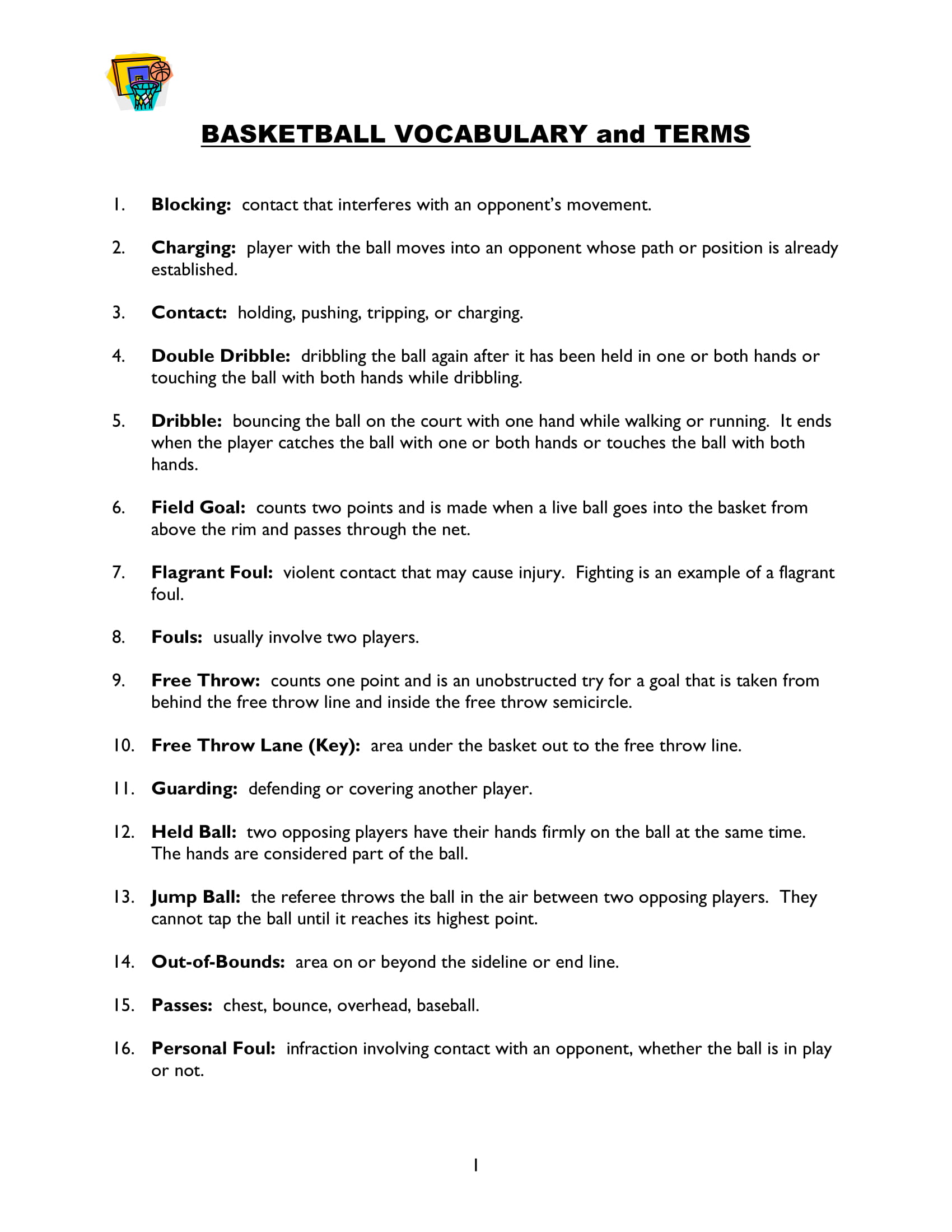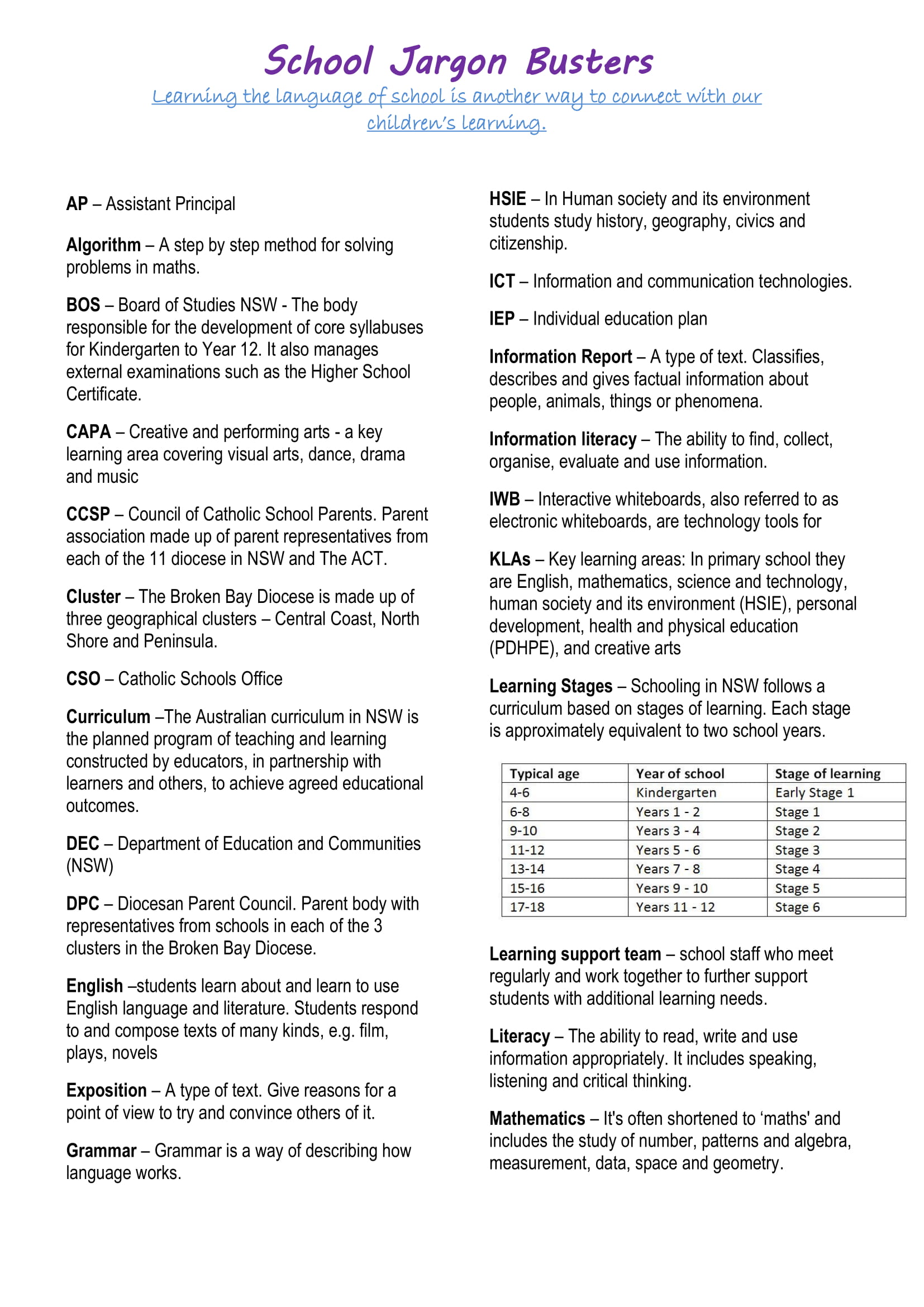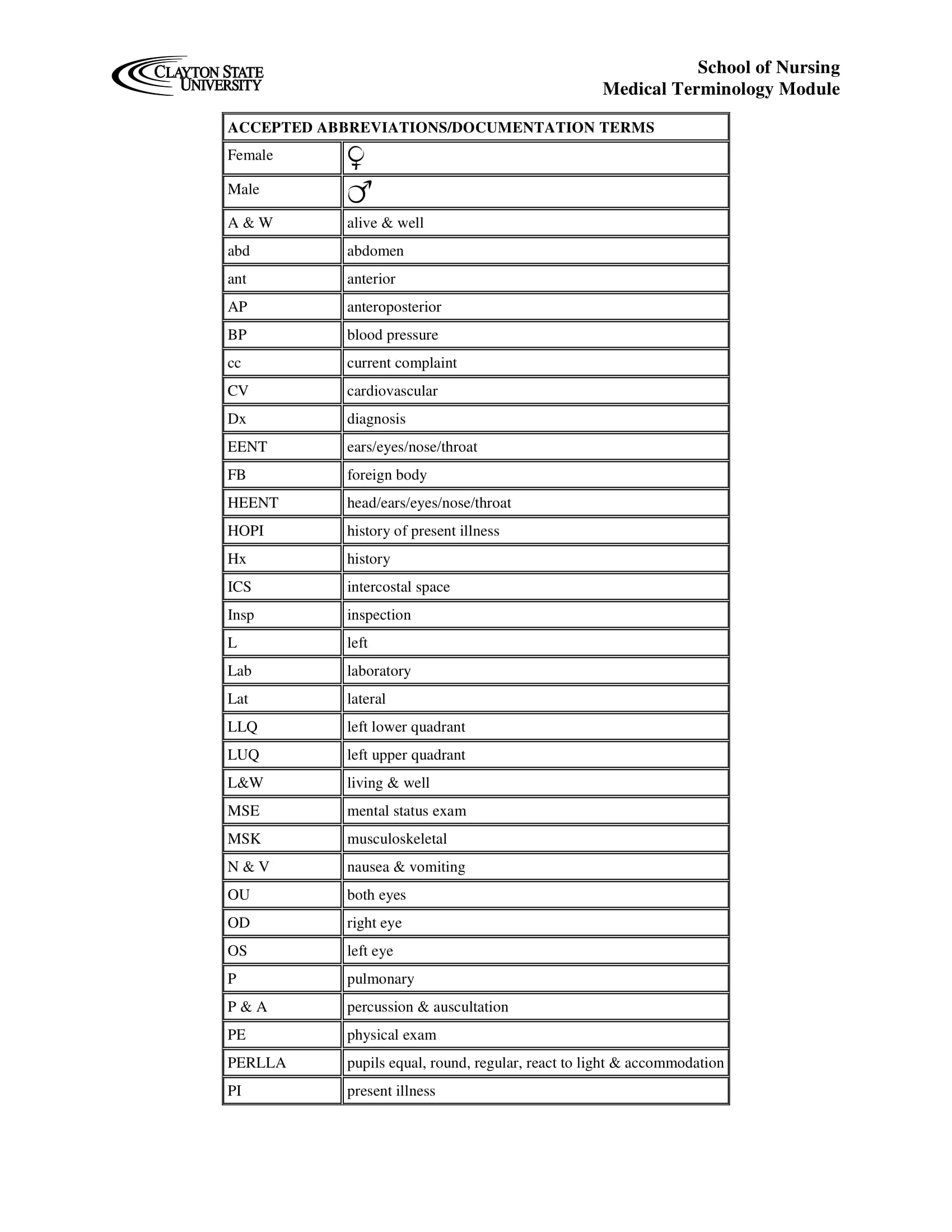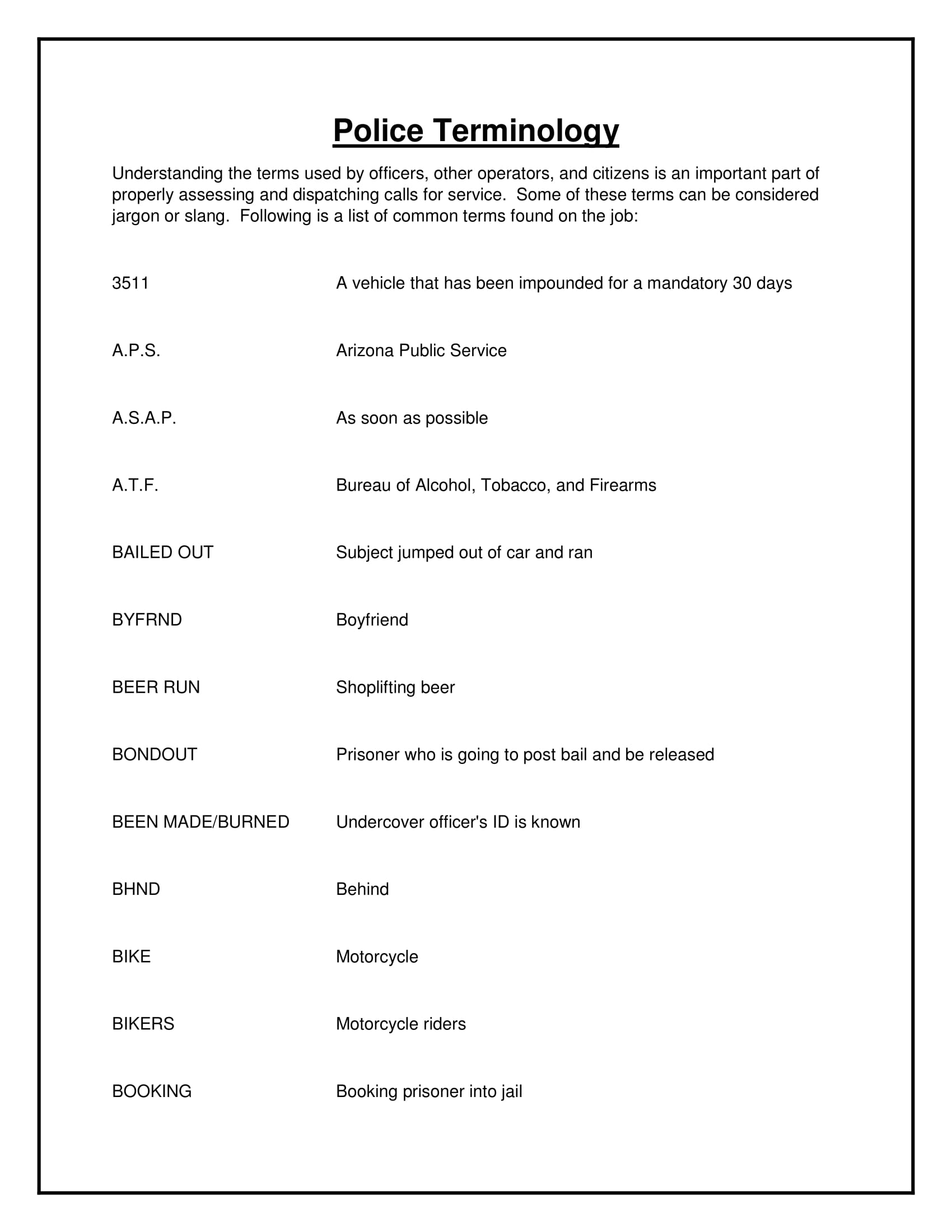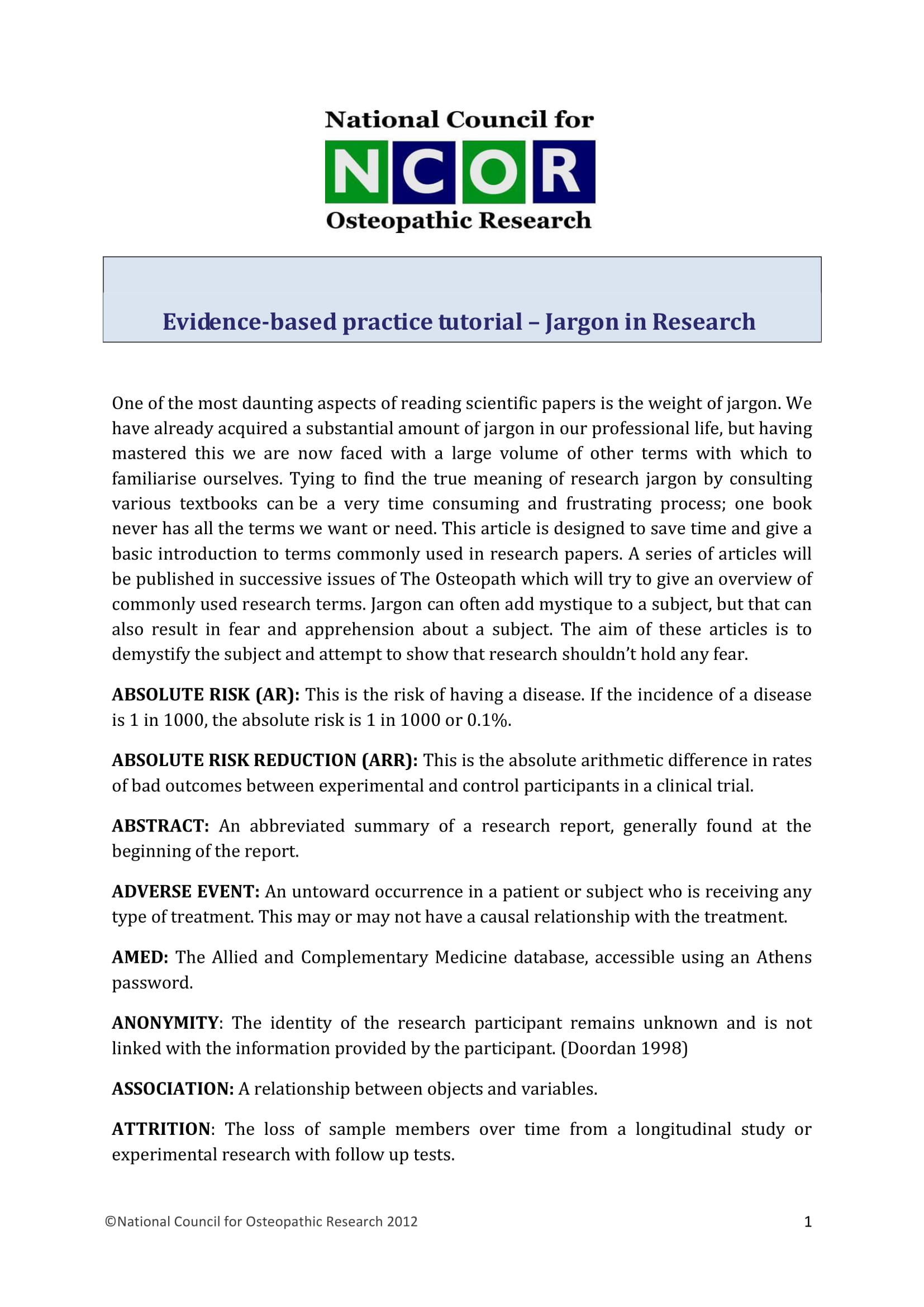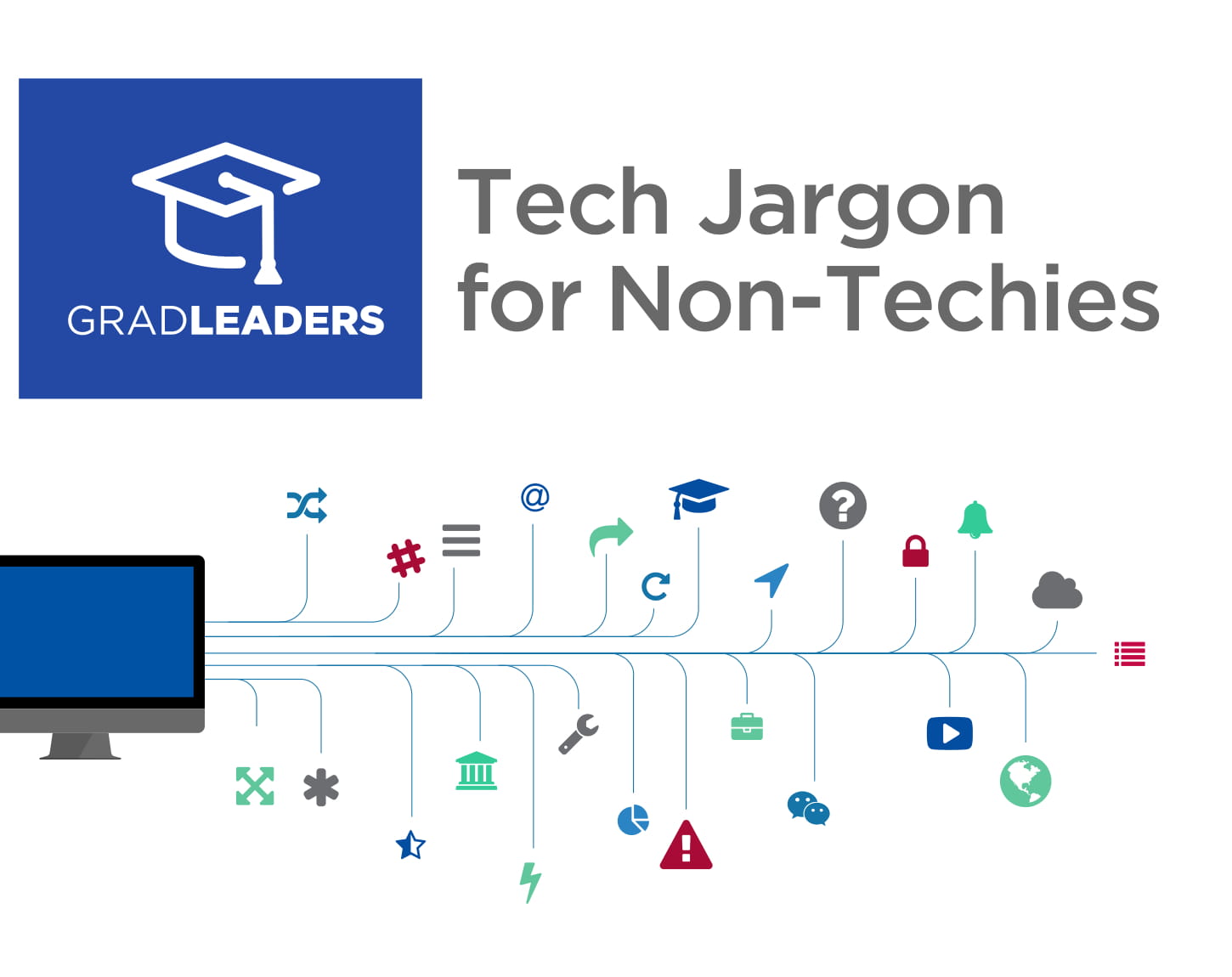19+ Jargon Examples
Have you ever watched an episode of House or Grey’s Anatomy with a huge question mark hovering above your head? Despite how interesting these television shows can be, you have to admit, you’re probably clueless about half the things they talk about in the show. You may also see gerund phrase examples.
That’s because these industry-specific terms are foreign to our own ears, and only those who specialize in a given field tend to understand and use these terms so naturally as part of their profession. Jargon, as we call it, is a specialized language used in everyday speech and literature. For us to understand about how these words function in communication, let’s take a deeper look into the whats and whys of jargon. You may also see allusion examples for kids.
What is Jargon?
Jargon refers to specialized language used by a particular group, profession, or field that may be difficult for outsiders to understand. It includes specific phrases, terms, and acronyms that encapsulate complex ideas, techniques, or concepts relevant to that group. While jargon facilitates precise and efficient communication among experts within a field, it can create barriers to understanding for those outside the field, potentially leading to confusion or misinterpretation.
Types of Jargon
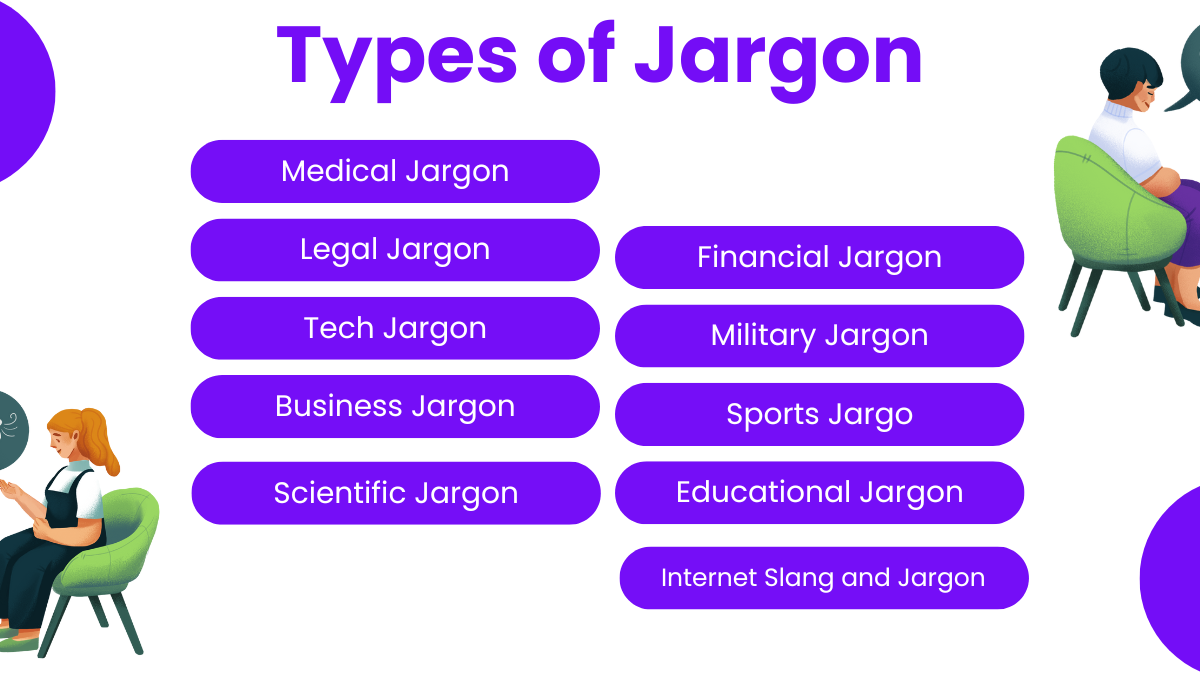
- Medical Jargon: Specific terms and abbreviations used by healthcare professionals to describe medical conditions, procedures, diagnostics, and treatments. Examples include “BP” for blood pressure and “MI” for myocardial infarction.
- Legal Jargon: Specialized language used in the legal profession, including terms like “habeas corpus” (a writ requiring a person to be brought before a judge) and “tort” (a wrongful act leading to legal liability).
- Tech Jargon: Terms and abbreviations prevalent in the technology sector, including software development, hardware, and internet culture. Examples include “API” (Application Programming Interface) and “UI/UX” (User Interface/User Experience).
- Business Jargon: Language used in the business world to describe management practices, financial operations, marketing strategies, and more. Terms like “synergy” and “ROI” (Return on Investment) are common.
- Financial Jargon: Terms and concepts used in finance and banking, such as “amortization,” “liquidity,” and “equity.”
- Military Jargon: Specific phrases and acronyms used by armed forces, including strategic, tactical, and administrative terms. Examples include “AWOL” (Absent Without Leave) and “FUBAR” (Fouled Up Beyond All Recognition).
- Sports Jargon: Language specific to different sports, detailing positions, plays, strategies, and equipment. Terms like “offside” in soccer and “knockout” in boxing are examples.
- Educational Jargon: Terms used in educational settings, referring to pedagogical theories, assessments, and administrative practices. Examples include “differentiated instruction” and “formative assessment.”
- Internet Slang and Jargon: Language that has evolved online, including abbreviations, memes, and terms specific to internet culture. Examples include “LOL” (Laugh Out Loud) and “NSFW” (Not Safe For Work).
- Scientific Jargon: Specialized language used in various scientific disciplines, including biology, chemistry, physics, and more, to describe complex processes, theories, and equipment.
Benefits of Using Jargon
- Efficiency: Jargon allows for concise and precise communication, enabling experts to convey complex information quickly without needing lengthy explanations.
- Accuracy: It provides a specific and standardized vocabulary that can precisely describe complex processes, phenomena, or equipment, reducing ambiguity and misunderstanding.
- Community Building: Sharing a common language fosters a sense of belonging and identity among members of a particular profession or group, reinforcing professional bonds and understanding.
- Professionalism: The use of jargon signals expertise and professionalism, demonstrating a person’s proficiency and specialized knowledge in their field.
- Protective Function: In certain contexts, like medicine or law, jargon can serve to protect sensitive information or discussions from being easily understood by outsiders, maintaining confidentiality and discretion.
- Innovation and Development: Jargon evolves with advancements in a field, facilitating the integration and dissemination of new ideas, technologies, and practices among professionals.
Disadvantages of Using Jargon
- Barrier to Understanding: For those outside a specific field, jargon can be confusing and create barriers to understanding, making communication less effective.
- Exclusivity: It can create an “in-group” and “out-group” dynamic, where those not familiar with the jargon feel excluded or marginalized, potentially hindering collaborative efforts across disciplines.
- Overuse and Misuse: Sometimes, professionals overuse or misuse jargon, leading to communication that is unnecessarily complicated or pretentious, even among experts.
- Hinders Learning: For students or newcomers to a field, excessive reliance on jargon can obstruct learning and understanding of fundamental concepts.
- Impedes Public Engagement: In fields where public understanding and engagement are crucial, such as science or public policy, jargon can deter public interest and trust by making information seem inaccessible.
- Risk of Miscommunication: In contexts where precision is vital, the misuse of jargon or reliance on terms not universally understood can lead to misinterpretation and errors.
- Simplification of Complex Concepts: Sometimes, jargon can oversimplify complex concepts, leading to a lack of appreciation for the nuances involved.
Difference Between Jargon and Slang
| Feature | Jargon | Slang |
|---|---|---|
| Definition | Specialized language used by professionals or experts in a particular field. | Informal language used casually among specific groups or the general public. |
| Purpose | To communicate complex ideas efficiently and accurately within a specific field. | To express identity, emotion, or solidarity, or to innovate language in informal settings. |
| Usage | Primarily in professional, academic, or technical contexts. | In casual, everyday conversations and popular culture. |
| Audience | Used by experts, professionals, or members of a specific field. | Used by wide-ranging groups, often defined by age, social class, or interests. |
| Stability | More stable and consistent, evolving with advancements in the field. | Highly dynamic, with terms frequently changing or falling out of use. |
| Acceptance | Generally accepted and encouraged within its specific professional or academic context. | Often considered informal or inappropriate in formal or professional contexts. |
| Function | To facilitate precise and efficient communication among experts. | To foster social connections, express creativity, or convey attitudes. |
| Examples | “Bilateral pneumothorax” (medical jargon for air in both sides of the chest), “Amicus Curiae” (legal jargon for a friend of the court). | “Ghost” (to abruptly end communication without explanation), “Flex” (to show off). |
List of Jargon Words Examples
Medical Jargon
- CBC (Complete Blood Count): A blood test used to evaluate overall health and detect a variety of disorders.
- Myocardial Infarction (MI): The medical term for a heart attack.
- Bilateral: Occurring on both sides of the body.
Legal Jargon
- Affidavit: A written statement confirmed by oath or affirmation, for use as evidence in court.
- Tort: A wrongful act or infringement of a right leading to civil legal liability.
- Jurisprudence: The theory or philosophy of law.
Tech Jargon
- API (Application Programming Interface): A set of protocols and tools for building software and applications.
- Blockchain: A system in which a record of transactions made in bitcoin or another cryptocurrency is maintained across several computers that are linked in a peer-to-peer network.
- SaaS (Software as a Service): A software distribution model in which applications are hosted by a service provider and made available to customers over the internet.
Business Jargon
- Synergy: The concept that the value and performance of two companies combined will be greater than the sum of the separate individual parts.
- ROI (Return on Investment): A measure used to evaluate the efficiency or profitability of an investment.
- Leverage: Using borrowed capital for an investment, expecting the profits made to be greater than the interest payable.
Financial Jargon
- Amortization: The process of paying off a debt over time through regular payments.
- Liquidity: The availability of liquid assets to a market or company.
- Equity: The value of shares issued by a company.
Educational Jargon
- Differentiated Instruction: A teaching method that tailors instruction to meet individual needs.
- Formative Assessment: A range of formal and informal assessment procedures employed by teachers during the learning process.
- Pedagogy: The method and practice of teaching, especially as an academic subject or theoretical concept.
List of Jargon Words:
Jargon can vary widely between different fields and industries. Here is a list that includes jargon from various professions:
- Backend (Technology/IT): Refers to the server-side of a website or web application, which is not seen by the user.
- Bear Market (Finance): A market condition where securities prices fall and widespread pessimism causes a negative sentiment to be self-sustaining.
- Bull Market (Finance): The opposite of a bear market, where share prices are rising, encouraging buying.
- Discovery (Legal): The pre-trial process where both parties exchange information relevant to the case.
- Differential Diagnosis (Medicine): A systematic method used to identify a disease or condition in a patient.
- Encapsulation (Software Engineering): A principle of object-oriented programming where components are not exposed to the details of other components.
- Gauge (Manufacturing): Measurement tools or instruments used to check product dimensions or quality.
- Intubation (Healthcare): The process of inserting a tube into the patient’s trachea to maintain an open airway.
- Leverage (Business/Finance): Using borrowed capital for an investment, expecting the profits made to be greater than the interest payable.
- Markup (Retail): The amount added to the cost price of goods to cover overhead and profit.
- Open Source (Software Development): Software for which the original source code is made freely available and may be redistributed and modified.
- Pipetting (Biology/Chemistry): A laboratory tool used to transport a measured volume of liquid.
- Racking (Logistics): Storage solution involving frames and shelves where materials are stored.
- Sommelier (Hospitality): A trained and knowledgeable wine professional, typically working in fine restaurants, who specializes in all aspects of wine service.
- VOR (Aviation): Short for VHF Omnidirectional Range, a type of radio navigation system for aircraft.
- Yield (Agriculture): The amount of a crop that was harvested per unit of land area.
- Zoning (Urban Planning): The legislative process for dividing land into zones in which certain land uses are permitted or prohibited.
Business Jargon Example
Legal Lawyer Jargon Example
Cinematographical and Film Production Jargon Example
Jargon in Technical Writing Example
Political Jargon Worksheet Example
Scientific and Technical Writing Jargon Example
Scientific Jargon Example
Jargon in Communication: Good or Bad?
Jargon is a strange creature that not everyone seems to be a fond of, but are ashamed to admit to have used it more than once in a piece of writing. While it’s easy to see why jargon can be the worst form of communication, it can also be the best. You may also see subordinate clause examples.
Experts believe that although the use of jargon can make you seem smart and put-together, they strongly advise against it, especially when dealing with people who are not a part of a specific group. Jargon generally consists of unfamiliar terms, abstract words, nonexistent words, and acronyms and abbreviations that might not be familiar to those who are not part of a group or profession. It’s not all the time that an author is able to expound the meaning of an industry-specific term in such a way that readers would fully understand. You may also see adjective clause examples.
After all, you can’t expect a lawyer to explain every single jargon he or she uses in the courtroom for listeners to grasp; otherwise, they could spend several hours lecturing an audience as opposed to focusing on the actual case.
As much as possible, jargon should also be avoided when writing business-related documents, like business plans and project proposals, and creating advertising materials, such as marketing brochures and flyer designs. Some clients and customers might miss the point of what you’re trying to convey due to how they interpret it. Keep in mind that not everyone will take the time to research on the actual meaning of a word or phrase, and would rather interpret it based on the context given. The use of jargon can sometimes lead to confusion or misunderstanding, depending on how it is used in a statement or how it is understood by the receiver. You may also see Noun Clause Examples.
Unless your purpose is to educate an audience, you might want to steer clear of this technical language.
Soccer Jargon Example
Technical Jargon Example for Teacher
Understanding Medical Jargon Example
Architectural Jargon Example
Student Basketball Jargon Example
Business Jargon Fixes Example
School Education Jargon Example
Medical Jargon Example
Police Jargon Example
Professional Business Jargon Example
Research Jargon Example
Tech Jargon Example
The Different Examples of Jargon:
A wide variety of jargon exists in the world of communication, where each term is made specific to a given field or study. To understand more about this concept, refer to the following examples: You may also see Oxymoron Figure of Speech Examples.
1. Business Jargon:
Most of the words and phrases that are classified as business jargon are simple and intelligible. Also known as corporate jargon or business-speak, this is often used by members of corporations and bureaucracies. You may also see free essay examples.
- Shovel ready – be prepared or ready for something
- The 9-to-5 – the standard workday of an average employee
- Chief cook and bottle-washer – a person with several responsibilities
- Bang for the buck – to get the most out of your money
- Buzzworthy – something worth talking about
2. Medical Jargon:
Medical jargon can be extremely hard to understand, especially for people who are not part of the profession. For instance, the word script could mean one thing in the entertainment industry, but another in the field of medicine (medical jargon for “prescription”). It is usually composed of abstract terms which are often difficult to read and pronounce, and abbreviations or acronyms of lengthy words and phrases. Some common examples include:
- Whipple procedure – a pancreatotomy, where the distal stomach, gallbladder, and duodenum are also taken out during surgery. You may also see student essay examples.
- ACLS – a medical shorthand for advanced cardiac life support
- Angina pectoris – refers to a severe acute attack of cardiac pain
- NPO – or “nil per os,” which means a patient should not take anything through the mouth
- Bowel disimpaction – which refers to the manual removal of fecal matters from a patient’s rectum
3. Police Jargon:
Police jargon generally consists of secret codes that only those from the inside could decipher. These are also used for quick and effective communication during emergency response scenarios. You may also see short essay examples.
- Code Eight – a term which indicates than an officer requires immediate help
- DUI – an acronym for driving under the influence
- 10-4 – a radio police jargon for “Okay” or “I understand”
- IED – an acronym for an improvised explosive device
- Assumed room temperature – the subject has died
4. Military Jargon:
Military jargon is fairly similar to police jargon, except that they involve military-specific actions that are often used in battle. The military has a long list of unique and specific items and concepts that civilians aren’t exposed to. This is done to ensure the safety and security of these troops in risky scenarios or in foreign lands. While some are self-explanatory, others can be completely cryptic. You may also see concept essay examples.
- Digies – a digital camouflage typically worn by soldiers and marines
- Cannibalize – the act of taking workable parts of one item to use them in another
- Hawk – a term referring to the cold weather
- Moonbeam – a marine term for flashlight
- PCS – acronym for permanent change of station
5. Political Jargon:
These are the words and phrases commonly used by politicians, media personalities, lobbyists, and other people who discuss political issues in a quicker, coded manner. However, some political jargon examples may vary depending on the region’s government structure and function. For example, a “red state” refers to a state that primarily favors Republicans or conservatives, while “blue state” refers to a state that votes for Democrats or liberals. These specialized terms cater to the political system practiced in the United States.You may also see academic essay examples.
- Left-Wing – a term used to define a politician or citizen who has a more liberal and progressive viewpoint compared to the average person
- Right-Wing – a term used to classify a politician or citizen who has a more conservative viewpoint than that of an average person
- Lame duck – refers to a politician who is considered ineffective either because he or she was elected out of office or had just recently announced retirement
- Tree hugger – an environmentalist
- Flip flopper – a politician or candidate who tends to change his or her mind in regards to an important issue over time
6. Computer Jargon:
Many computer jargon examples are widely understood thanks to the abundant use of technology. Though not many adults are familiar with these words and phrases, you’re bound to come across several of these terms as you browse through your mobile devices and personal computers.You may also see high school essay examples.
- Bug – an unwanted component of a program or piece of hardware that causes it to malfunction
- Cache – a small, fast memory containing recently accessed data which is designed to speed up access to the same data
- Jumper – refers to a removable wire or cable whose presence or absence is used to identify a particular aspect of hardware configuration
- Bit – a unit of information obtained by asking yes-or-no questions which can also take on one of two values, such as as false (0) or true (1)
- Cookie – a cracker term that defines the password list on a multi-user computer
7. Sports Jargon:
For any non-sports enthusiasts out there, this may be a useful guide to understanding the basic lingo of your best friend, sibling, or significant other. While some of these words and phrases are good and sensible, others just seem like made-up terms created by some random sports analyst.You may also see persuasive essay examples.
- Beanball – a playful term used to describe a baseball pitcher who has just committed an assault
- Hat trick – when a sports player scores three goals in a single game
- Utility player – an athlete who’s good at a lot of things but great in none
- Unsung hero – the least recognized player in the team who happens to be the most effective one
- A real coach’s player – similar to a teacher’s pet, this refers to a player who does what he’s told with no questions asked
8. Cinematic Jargon:
If jargon exists in the world of sports, you can only imagine the long list of jargon used in the entertainment industry as well. A film set can be a confusing place for an outsider to be in, especially with the widespread use of insider acronyms and strange vocabulary. Cinematic jargon are terms that directors, screenplay writers, film critics, and actors commonly use on-set.
- Blocking – the process of running through a scene prior to the actual filming to assess where actors will move and where camera and lighting equipment should be placed
- Boom – the fuzzy microphone attached to the end of a long pole that is used to pick up dialogue in the scene
- Gate – if an assistant director shouts “Check the gate!” the camera crew must review the camera and film for any impurities or blockages that were caught
- Rhubarb – also known as “walla,” this refers to the background conversation made by the extras in a scene
- That’s a wrap or “wrap” – this marks the end of a shoot
Significance of Jargon in Literature
There are many literary authors who choose to use jargon in their works to show that a character belongs to a profession that he or she is supposed to have. Like for instance, it’s hard to believe that Meredith Grey is part of a medical team if the screenwriter decided she was better off using everyday terms when conversing with patients and colleagues, or that Olivia Benson is a detective of the SVU if she failed to describe an act of crime in such a way that professionals in her line of work would. You may also see Formal Essay Examples.
The Use of Jargon in Communication
- Precision in Communication: Jargon enables precise communication among professionals, reducing the likelihood of misunderstandings. It offers specific terms that succinctly describe complex concepts, processes, or tools relevant to a particular field.
- Efficiency: By using specialized terminology, experts can convey complex information more efficiently. This is especially useful in high-stakes environments like healthcare, where time is critical, or in technical fields where specificity is paramount.
- Identity and Community: Jargon also helps foster a sense of identity and community among professionals. Sharing a common language strengthens bonds within a group, distinguishing members from those outside the field.
- Professionalism and Credibility: The appropriate use of jargon can signal professionalism and credibility. It demonstrates an individual’s expertise and mastery of a particular subject area, contributing to their authority and trustworthiness in professional settings.
- Innovation and Adaptation: As fields evolve, so does their jargon. This dynamic aspect of specialized language facilitates the adoption and spread of new ideas, techniques, and technologies, helping professionals stay up-to-date and innovate within their domains.
The term ‘jargon’ has an intriguing history that reflects its evolving usage over time. Initially, it emerged in the Middle Ages, with its roots traced back to the Old French word ‘jargon,’ meaning “a chattering” (of birds), which itself possibly comes from the Latin ‘garrīre,’ meaning “to chatter” or “babble.” This origin highlights the term’s initial association with unintelligible or meaningless speech.
By the 14th century, ‘jargon’ began to be used in English to describe the specialized language of a particular trade, profession, or group, often implying that this language was perplexing or incomprehensible to outsiders. This meaning has persisted and evolved into the modern usage of the term, which now generally denotes the technical terminology or specialized language used by professionals in a particular field or industry.
Business Conversation Dialogue for Jargon:
Here’s an example of a business conversation where industry jargon is used:
Alex: Hey Jamie, can you give me a rundown on the KPIs for the last quarter?
Jamie: Sure, our ROI on the recent marketing campaign exceeded expectations. It clocked in at a 30% increase YOY, thanks to our SEO and PPC efforts.
Alex: Impressive! How about our churn rate?
Jamie: It’s at 5%, which is below the industry average. The CS team’s shift to a proactive outreach seems to be a game-changer.
Alex: That’s stellar. And I assume ARPU is up too?
Jamie: Yes, our Average Revenue Per User has gone up by 10 dollars. The upsell strategy is really paying off.
Alex: Perfect. Let’s make sure all this is in the slide deck for the EOC review.
Jamie: On it. I’ll also include a SWOT analysis for the upcoming quarter.
Alex: Great. We need to ensure alignment across all departments before we greenlight the new product launch.
FAQs
What is Common Jargon?
Common jargon refers to specialized terms used frequently within a specific profession, industry, or hobbyist group. These terms allow for efficient and precise communication among insiders but may be unclear to outsiders.
What is Jargon in Everyday Life?
In everyday life, jargon appears as specialized language or terms used within particular groups or communities, such as tech enthusiasts, gamers, or sports fans, facilitating nuanced communication specific to their interests or activities.
What are Slang Words and Jargon?
Slang words are informal language often used in casual conversation, characterized by unconventional or newly coined terms. Jargon, however, consists of specialized terms used in specific professions or fields, serving to communicate complex ideas succinctly.
How Do You Identify Jargon Words?
Jargon words can be identified by their specialized use within a particular field or context and their incomprehensibility to those outside the field. They often relate to specific techniques, processes, or concepts unique to that domain.
Is an Acronym a Jargon?
Yes, an acronym can be a form of jargon when it represents specialized terms or concepts within a specific field or profession. For example, “MRI” (Magnetic Resonance Imaging) in medicine or “SEO” (Search Engine Optimization) in digital marketing.
Is Jargon a Colloquialism?
No, jargon is not a colloquialism. Jargon is specialized language used by professionals within a particular field, while colloquialisms are informal phrases or sayings typical of everyday speech and used within a particular geographic area or community.
When Jargon Becomes a Barrier?
While jargon serves a purpose within certain contexts, it can become problematic when it creates a barrier to understanding. For instance, in industries such as law or medicine, professionals need to communicate with clients or patients who may not be familiar with the terminology. It’s crucial to adjust the language to ensure clear communication with a lay audience.
How to use Jargon in a sentence?
Jargon is most effectively used in a sentence when communicating with professionals in the same field who understand the terminology, as in, The developer optimized the backend processing, greatly reducing the API’s latency. Here, backend and API’s latency are pieces of jargon understood within the tech community.
Why do people use jargon?
People use jargon primarily to communicate more precisely and efficiently within a particular industry or group. It allows experts to exchange complex ideas effectively and signals membership within a professional or specialized community. However, it can also unintentionally exclude or confuse those not familiar with the terminology.
What is jargon and slang used for?
Jargon is specialized language used by professionals or enthusiasts to discuss complex concepts within a field succinctly. Slang is informal language often used in casual conversation to establish identity, social intimacy, or cultural belonging. Both serve to create a sense of in-group familiarity, though jargon is formal and slang is not.
Can jargon be beneficial in professional settings?
Yes, jargon can be beneficial in professional settings as it allows for precise, efficient communication among experts in the same field. It streamlines conversations by condensing complex ideas into specific terms understood within the profession, facilitating clarity and saving time when discussing specialized topics.
Jargon in literature and everyday speech is essential in efficient and effective communication. It’s a common shorthand among experts of a specific trade, making it easier to deliver a message with a shared definition. So if you ever find yourself using jargon, make sure they are used accurately in context. You may also see Class List Examples.


